Blogs
Your Data, Their AI – Who Really Owns It?

Every time you shop online, stream music, or even scroll through social media, you feed AI with valuable data. Your preferences, behaviours and interactions fuel machine learning models that personalise your experience. But here’s the catch - you don’t own that data anymore.
Big tech companies and enterprises are leveraging AI at an unprecedented scale, using consumer data to train sophisticated models for recommendation engines, facial recognition and even autonomous decision-making. And while AI-driven convenience is undeniable, the question remains:
Who really owns your data? And do you have a say in how it’s used?
The silent transaction: Your data for AI training
AI thrives on data. The more it collects, the smarter it gets. But the transparency around this exchange is murky at best. Most terms of service agreements (those lengthy documents we all ignore!) grant companies broad permissions to collect, store and utilise user data for AI development.
Take AI-powered chatbots or voice assistants. Every interaction refines their ability to respond more naturally. But what happens to those recordings? Where is that text data stored? More importantly, can you ever opt out once your data has already been used to train an AI model?
The growing push for AI transparency
Consumer trust in AI is on shaky ground. According to recent studies, 68% of consumers don’t trust companies to use their data responsibly. Data breaches, algorithmic biases and the rise of deepfake technology have only heightened concerns.
Governments are starting to take action. The EU’s AI Act and frameworks like Australia’s Privacy Act Review aim to regulate how AI handles personal data. However, legislation is always playing catch-up with technology, leaving users in a grey area.
What this means for businesses
For businesses leveraging AI, consumer trust is the new currency. If customers feel like their data is being exploited without consent, they will disengage. Brands that prioritise transparency - by giving users control over their data, explaining AI decision-making, and ensuring ethical AI practices - will be the ones that thrive.
Here’s what businesses should consider:
- Data consent: Make it clear when and how consumer data is being used for AI
- Explainability: If AI-driven recommendations or decisions impact users, explain the "why" behind them
- Opt-out mechanisms: Give users a way to remove their data from AI training sets.
So…who really owns your data?
Right now, companies do. But should they? As AI continues to evolve, the demand for data ownership, transparency and user control will only grow. The businesses that listen—and act—will be the ones that earn lasting consumer trust.
What do you think? Should consumers have more control over how AI uses their data?











